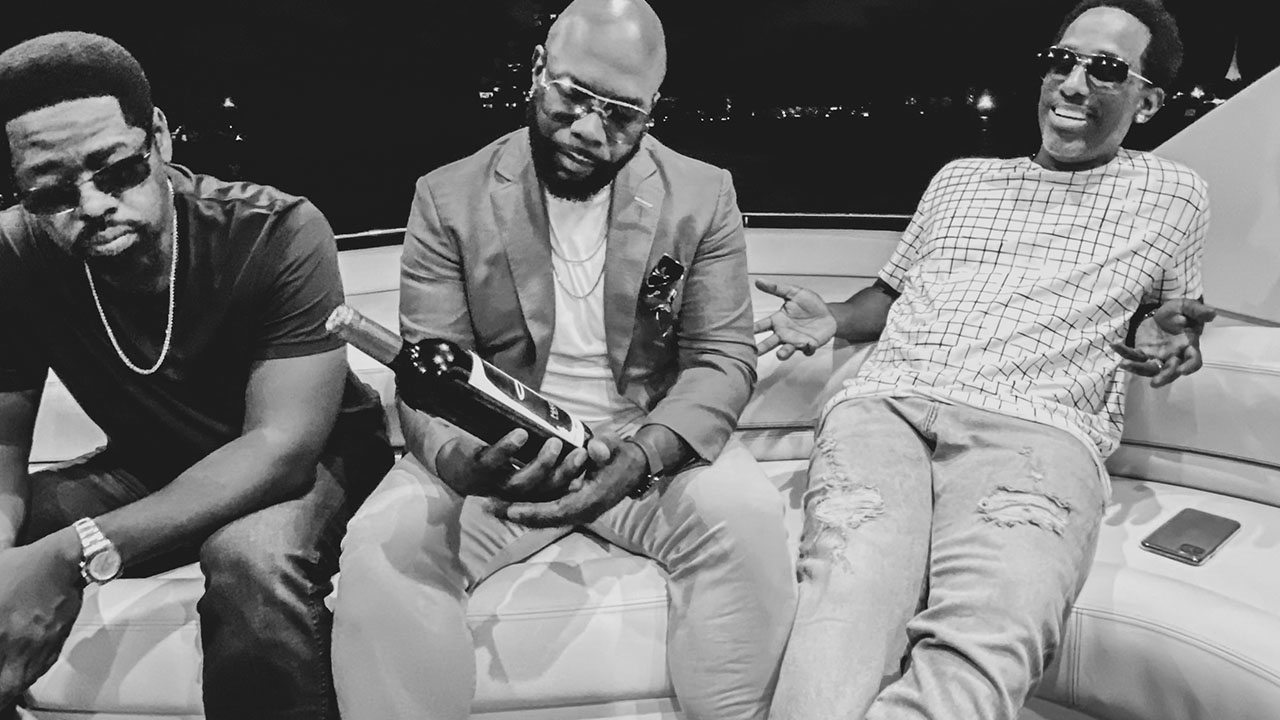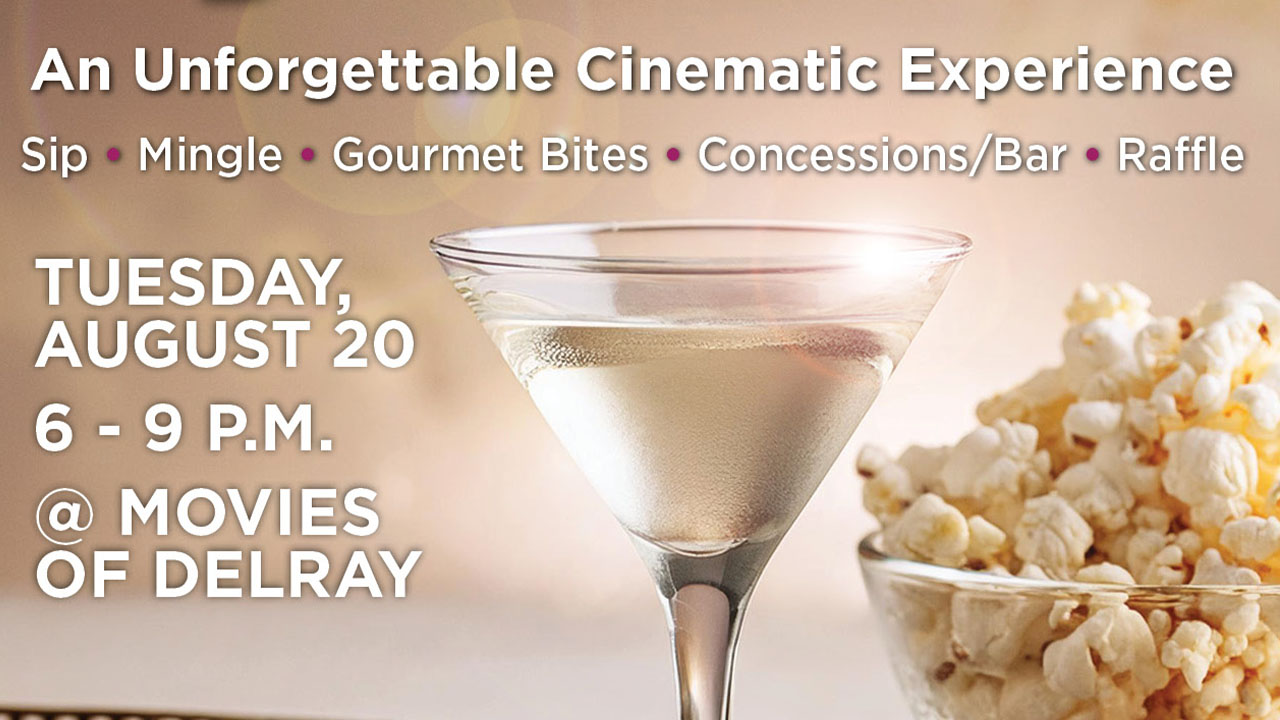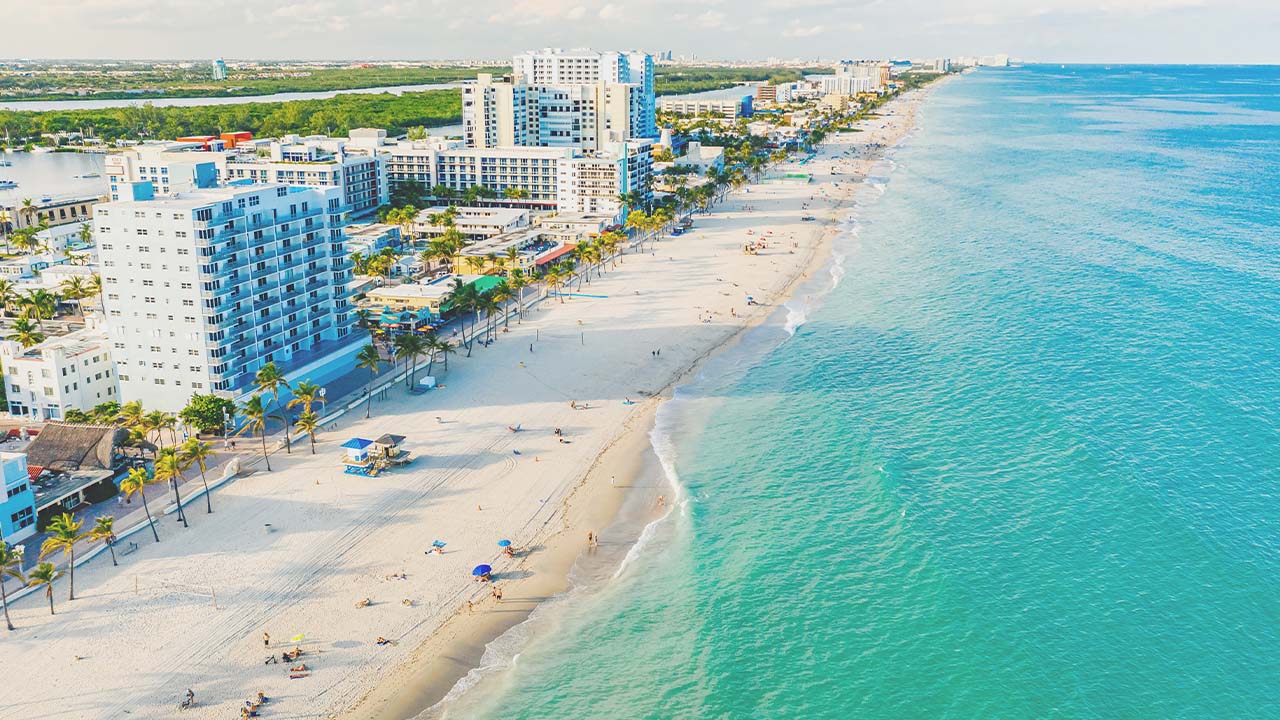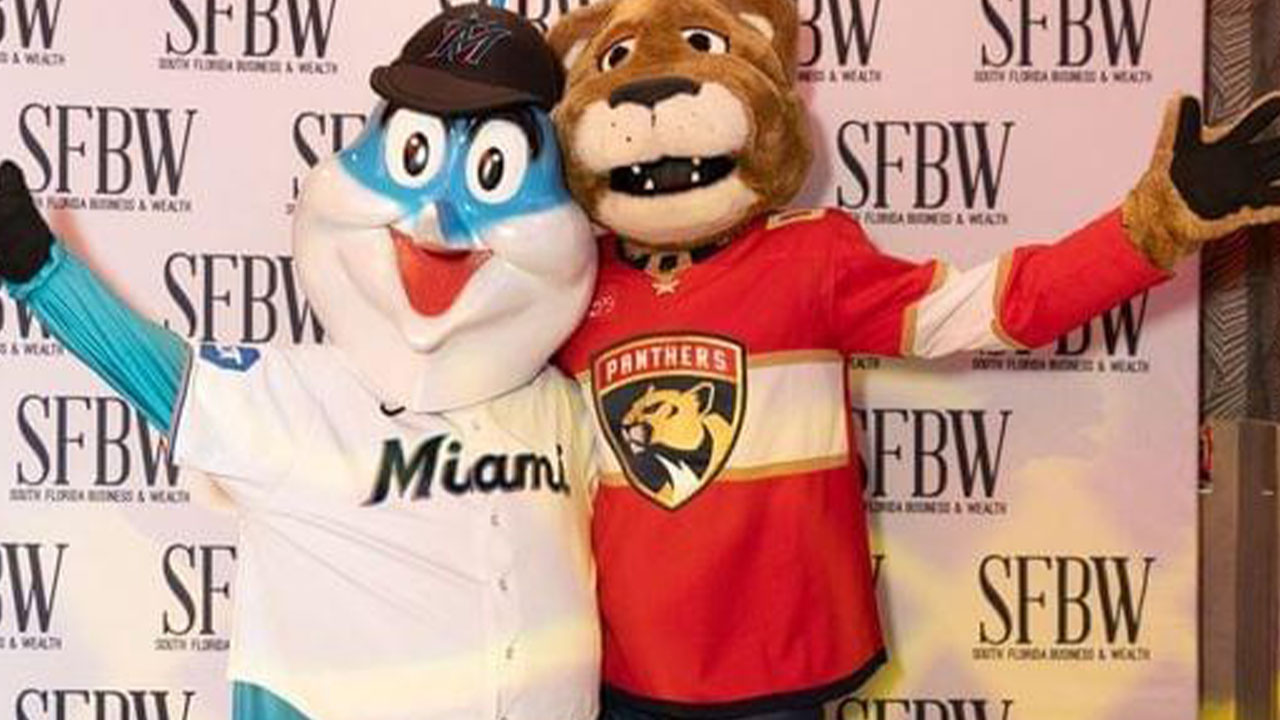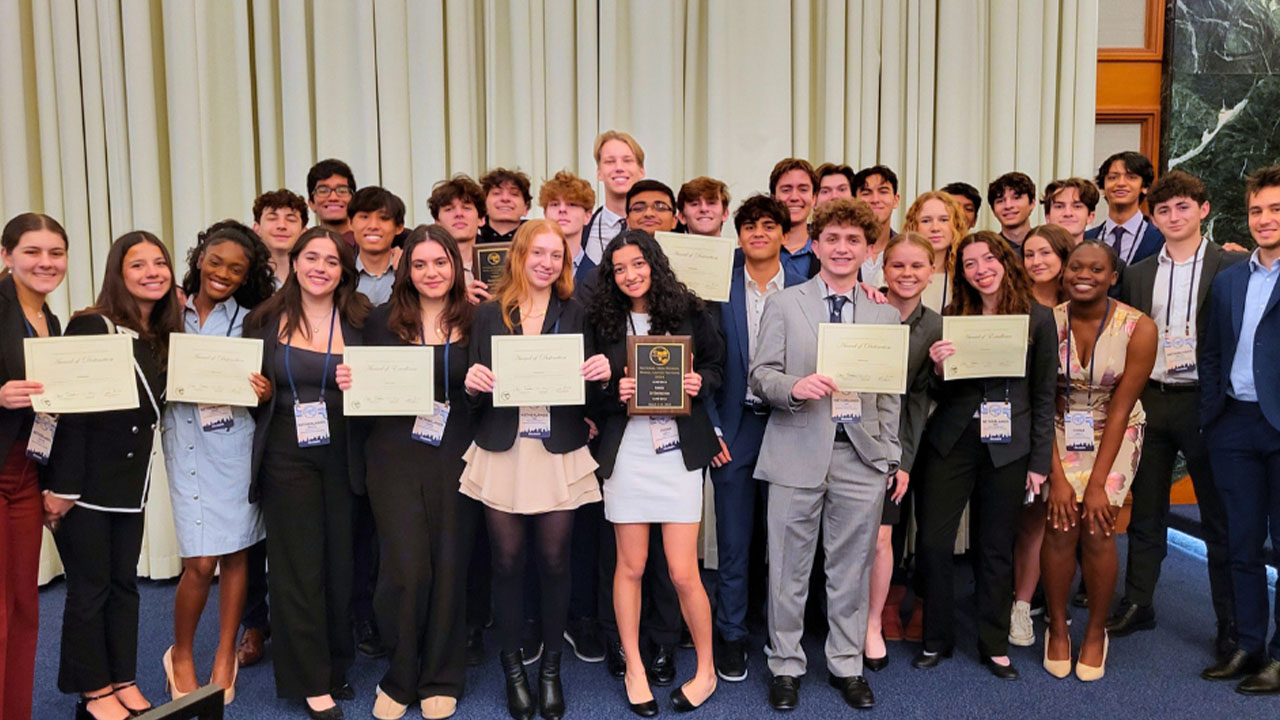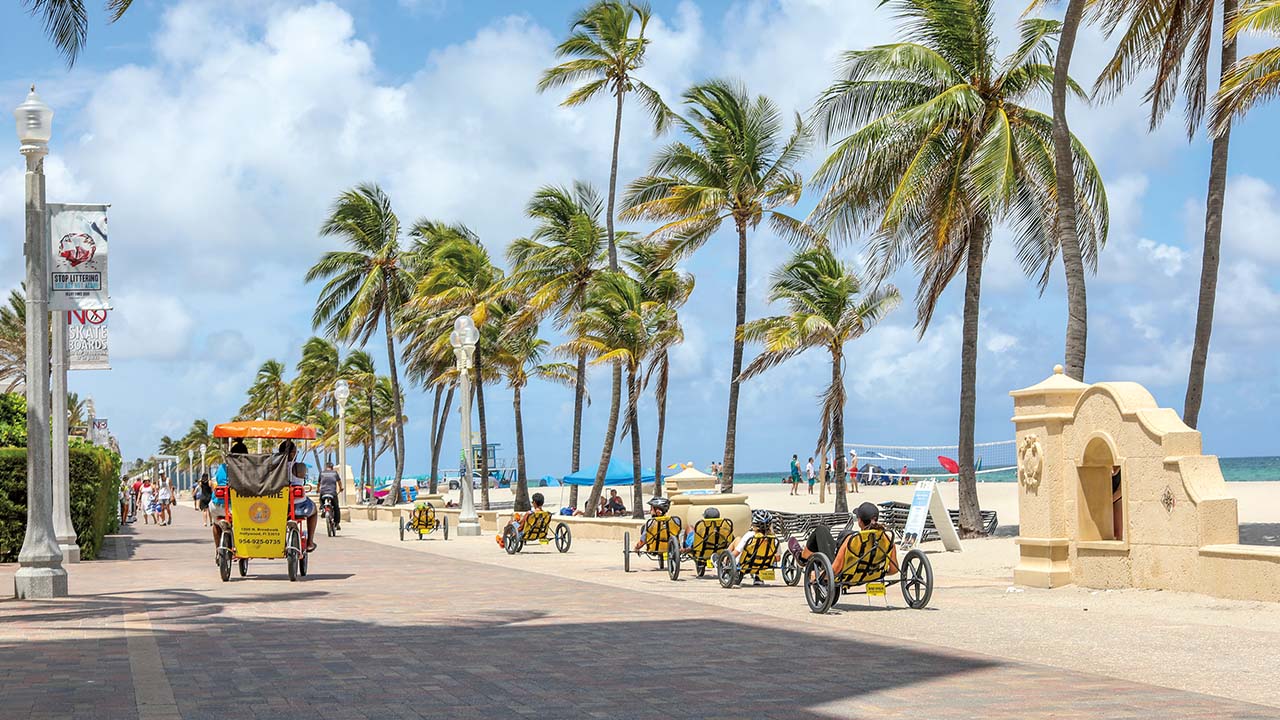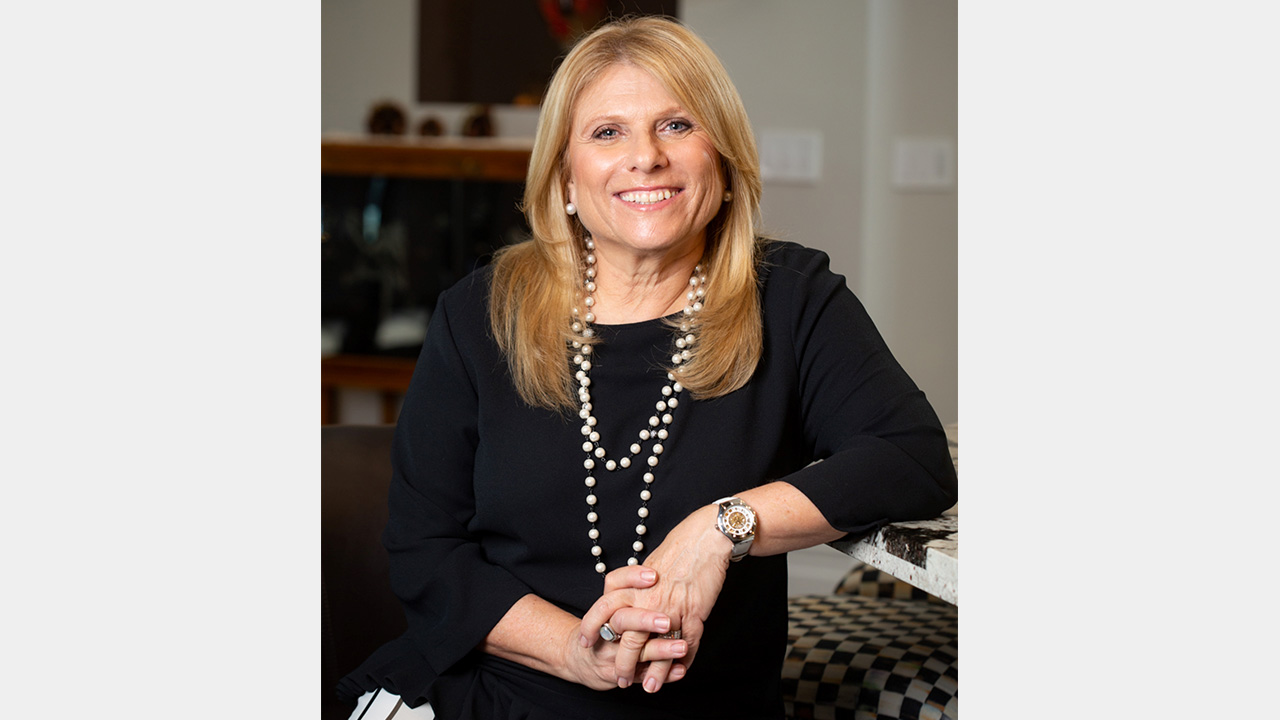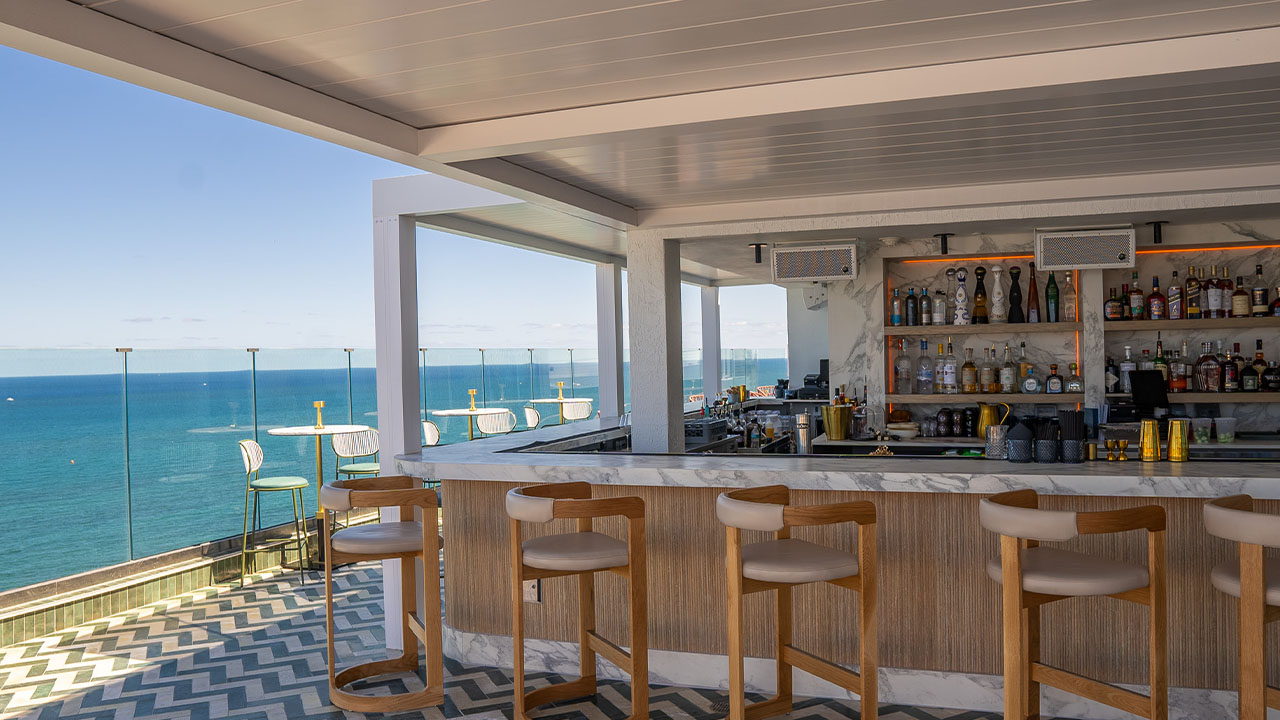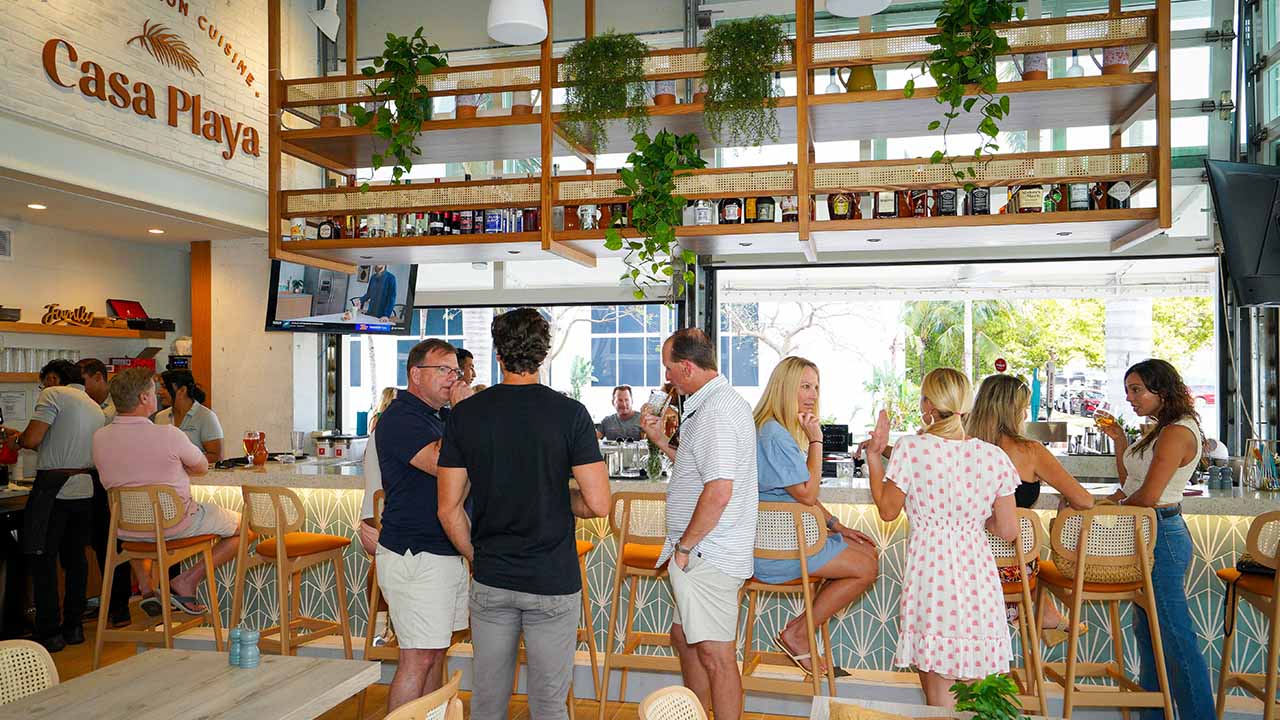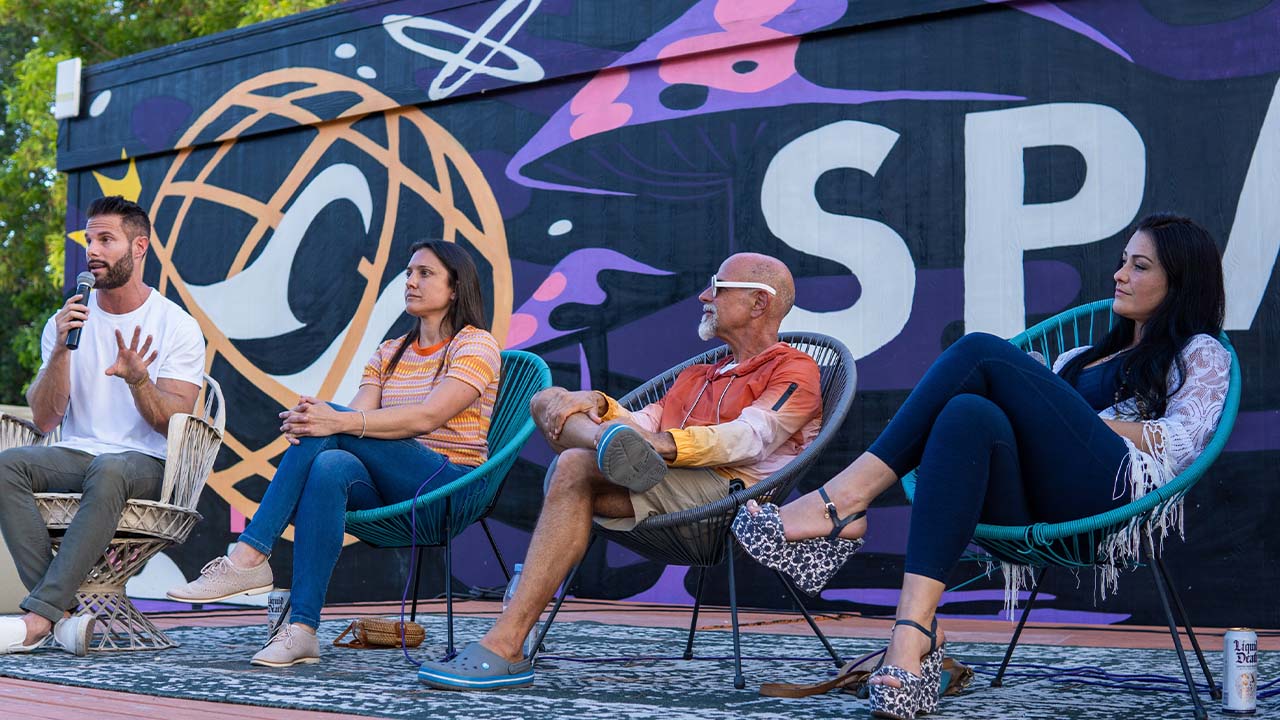Just about a year after selling out concerts at Madison Square Garden, Boyz II Men stood on the outskirts of a dimly lit, sparsely crowded room with only about 50 people milling around a 400-seat venue called Pufferbellies. Peering inside, members of the band couldn’t help but cringe at the sight of a mechanical bull, and at the empty spaces where adoring fans should have been.
In the years before, following their 1991 hot debut single “Motownphilly,” the band had seen a meteoric rise to superstardom. Their 1992 love ballad “End of the Road” spent a record-breaking 13 weeks at number one on the Billboard Hot 100 chart, beating the King of Rock and Roll himself — Elvis Presley’s — previous 11-week run. In the following years, the band surpassed their own record twice. In 1994, “I’ll Make Love to You” spent 14 weeks at number one, and between 1995 to 1996, “One Sweet Day” spent 16 weeks at the top.
Boyz II Men’s layered vocals, undeniable swagger and relatable lyrics had thrust them into the limelight. As their popularity soared, they blazed a trail for a new wave of other multi-vocalist groups like 98 Degrees, NSYNC and the Backstreet Boys. But by the late 90s, the boy bands who they inspired largely eclipsed their sun. Standing at Pufferbellies that memorable night, it appeared the Boyz’s success story may have been coming to its ending road.
“We said to each other, it’s over. We’re done,” remembers Shawn Stockman “And we’ve had a few of those moments.”
Flash forward to 2023. Boyz II Men is celebrating 30 years as a band, 20 of those as the powerhouse trio they are today. In July, news stations in New York aired aerial footage of a Boyz II Men concert in Eisenhower Park. A record-breaking crowd of 40,000 people flooded into the lakeside amphitheater, a seemingly endless sea of fans. Boyz II Men holds the distinction of being the best-selling R&B group of all time with 64 million albums sold. They have won four Grammy Awards, nine American Music Awards, nine Soul Train Awards and three Billboard Awards. They have a star on the Hollywood Walk of Fame, as well as a Casino Entertainment Award for their residency at the Mirage Resort and Casino, in Las Vegas. They’ve forayed into film and television.
To round out this year, the Boyz will head to perform at festivals in Africa and Australia. But before they go, on December 16, Boyz II Men will perform in Fort Lauderdale as the Grand Marshals for the Seminole Hard Rock Winterfest Boat Parade.
The parade, dubbed the “Best Show on H2O” is South Florida’s kickoff to the holiday season. Dazzlingly-decorated boats gather more than a million viewers along a 12-mile parade route. Performing from a flashy float[DC1] , Boyz II Men will energize audiences with their R&B hits and trigger nostalgia with their sensual ballads.
In celebration of the upcoming performance, Lifestyle Media seized the opportunity to ask Boyz II Men member Shawn Stockman how the band bounced back from low points, how they stayed relevant for three decades and what special magic lies beneath their most long-loved songs. Stockman also gets personal, talking a bit about family, his personal growth and his philanthropic endeavors.
Take me back to the beginning, when you and the members of Boyz II Men met at the Philadelphia School for the Creative & Performing Arts. What compelled you to create music together?
We were young, impressionable children who were absolutely infatuated with music. It was our complete and total life…we were just these kids that wanted to learn and be around great singers…so we see this high school and we see just how free everybody is. You have dancers and instrumentalists and actors and singers. And so, we were like, ‘Man, I want to go there.’ We met each other and got together as a group. We sang in bathrooms and around the hallways and on the steps, and anywhere that had good acoustics. It was this ecosystem of creativity with just a flow of music and culture and art…when I look back at it now, it was such a culturally rich place for anyone to be.
After “Motownphilly” Boyz II Men went through a period of massive fame. But then you seemed to hit a bottom in the late 90s. You and your bandmate Nathan Morris have shared the story of when you found yourself feeling defeated at Pufferbellies, fearing your career was over. Obviously, Boyz II Men went on to thrive. How did you push past that bottom?
What brought us forward was what brought us together from the beginning, which is our love for music. We went back to the soul of it. It also had a lot to do with us really being pigheaded and stubborn. We felt like these songs that we were blessed to have were too massive to just say, ‘Okay, we’re finished.’ We didn’t listen to what people were saying. People in the industry were telling me, personally, ‘You know what you guys should do, y’all should just gracefully bow out.’ This honestly added fuel to the fire.
One thing I know about me, and my guys, is when you tell me I can’t do something, that’s when I really want to do it. We did not give up on each other. We understood that we were all each other had. If we were going to get out of this situation, we were going to do it together. We did that show with 50 people and guess what? We performed as if it was 50,000 because that’s what we were taught. You’ll never hear anything about Boyz II Men giving a half-ass show. We go hard if it’s 20 people, or if it’s 20,000 people. It’s the same show. Period.
In July of this year Boyz II Men drew a record-breaking crowd of 40,000 people to Eisenhower Park for a free show in New York. What does it feel like, 30 years later, to still be drawing a crowd like that?
It dispels all the negative energy that might’ve been flung at my group. There’s a lot of people that have opinions about us. A lot of people write us off as like, ‘Oh, they’re a 90s group. They’re no longer relevant.’ [The New York show] basically proves that [we] have beautiful songs that people resonate with, and have resonated with, and still listen to … it says a lot about our music.
If you had to nail down what the magic element is that has created such longevity for your songs, what would you say it is?
You’ve got to think of songs like tools. If you can’t use the hammer, then the hammer is useless. Songs are the same. Songs should be used, and are meant to be used, in a person’s personal life — whether it’s to get up and get motivated, whether it’s for dinner, whether it’s for lovemaking, whether it’s for working out, whether it’s for lamenting — whatever. If you can’t use songs in your life, you won’t use them. They’re useless. So, I think the element which we’re so blessed and happy to have with our music is that the elements of the music, the actual practical application, works. It works in any and every occasion.
I understand that you are a father to twin boys and a daughter. One of your twins, Micah, inspired you to create a nonprofit called Micah’s Voice. Can you tell me about Micah?
He [Micah] was diagnosed with autism at two years old. It was devastating to both my wife and I because we literally did not know what to do. He was the oldest by two minutes of our twins. And, in a nutshell, his existence and his condition inspired us to want to help other people. After having Micah, we encountered so many other parents who had similar, or even more severe, conditions with their children. They were single mothers or just struggling families with other kids to take care of while trying to make ends meet. We felt for them. So Micah’s Voice, which is the name of our foundation, was created to help those people. We raise funds to provide grants for those families. We give them what they need as much as we can, whether its money for behaviorists or occupational therapists.
How has watching Micah’s journey changed you or your music?
When you have this type of thing happen to you, you just become naturally introspective and you start thinking about life, in general, and what it actually means. Honestly, Micah gave everything that I’ve done in my career purpose. [Before having Micah] outside of being famous and selling records, there was nothing else to it. Now I can use my platform and what I’ve done, and the popularity, to bring light to an actual cause. Micah actually gave me purpose. He’s saved my life in the sense of understanding why I’m here on this planet.
Have there been dark moments when you lost track of your purpose?
When you go through what I mentioned — as far as the industry throwing you away – because that’s what they do, they throw you away — you go through an identity crisis and wonder what your purpose is. Why are you here? What was the point of doing all of it? It’s a psychological battle that most humans don’t really take too well. What I’ve learned, again and again, is to focus on the people that really understand what you are worth: your family, your friends, the people that were there from day one and are willing to still fight those fights with you. And that’s what I focused on, as best as I could. I knew that [the challenges] were just for a time. I just got up and I fought.
It’s been 30 years since you started the band and 20 years since you have been a trio. What is life like now?
It’s the best time of my life. The shows, the performances, the people that show up — they’re more appreciative because — not saying we didn’t work back then, but it’s different when you see something break and you build it back up. It’s even more meaningful. This means more now. Living now means more than it did when I was young… life is more soulful.
What are you most looking forward to now?
I can’t say right now but there’s a lot of things that I plan on doing in the next few years that’s going to elevate [the band] and take Boyz II Men to another phase. We’ve always been known as the guys that sing, but just like Micah’s voice, we want to do more. I look at my purpose in this career and in life…to be a teacher. Not maybe literally a teacher in a class, but maybe just to be able to apply my experiences, my gifts that were given to me and give to others.
——————–
Sidebar on the Boat Parade
The 52nd Annual Seminole Hard Rock Winterfest Boat Parade will take place on December 16. A pre-show parade of non-motorized vessels will begin at 6 p.m. and the main parade will begin at 6:30 p.m. The main stage will be on the New River, in downtown Fort Lauderdale, along the docks west of Stranahan House (335 SE 6th Ave, Fort Lauderdale). The parade will start at Stranahan House, travel east along the New River, in Fort Lauderdale, to the Intracoastal Waterway, then continue North to Lake Santa Barbara, in Pompano Beach. The Parade takes approximately 2.5 hours to view from one location.
Private boats, giant showboats and corporate mega yachts will be adorned with lights and decorations, feature live music and entertainment, and boast other themes and surprises. The parade is expected to be viewed by more than one million spectators.
A ticketed parade viewing area will be located at Las Olas Intracoastal Promenade Park. Rideshare is encouraged, but limited parking is available within walking distance. At the viewing area, guests will enjoy a festival atmosphere with live entertainment before and after the Parade. Gates to the viewing area will open at 4 p.m. The parade should arrive in the viewing area starting at approximately 7 p.m. Tickets for this viewing are $30 for adults, $25 for children 10 years and younger. Tickets can be purchased at winterfestparade.com.
Other viewing locations are available at local restaurants and venues. For a full list of places to watch the parade, visit winterfestparade.com.

Photo of Boyz II Men courtesy of Matt Mendell



